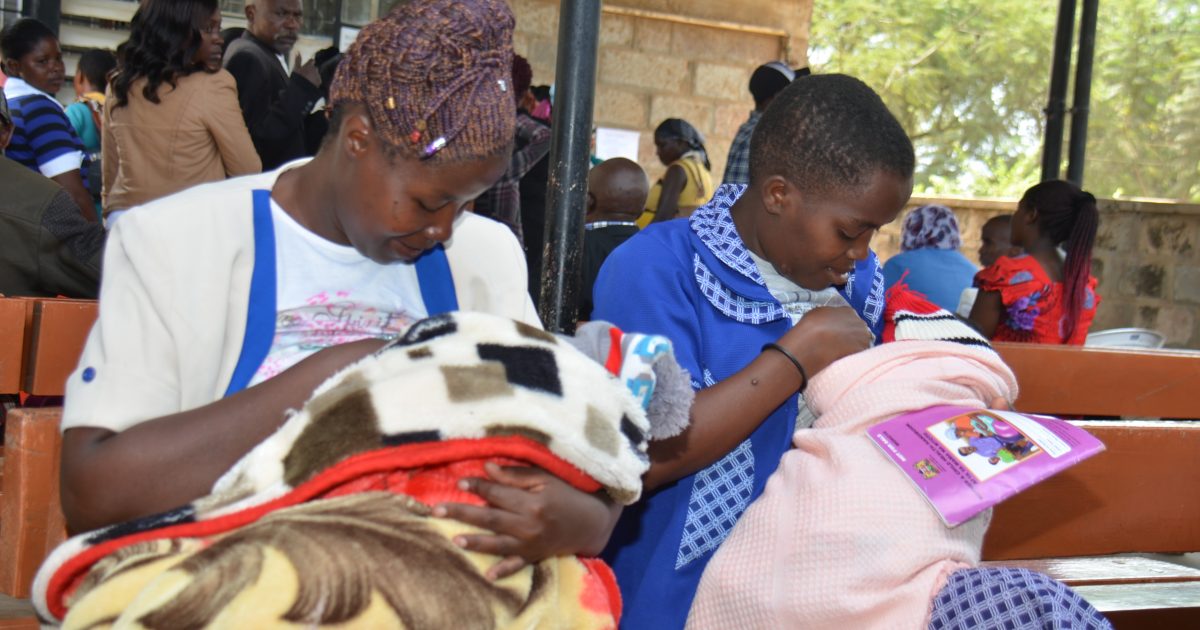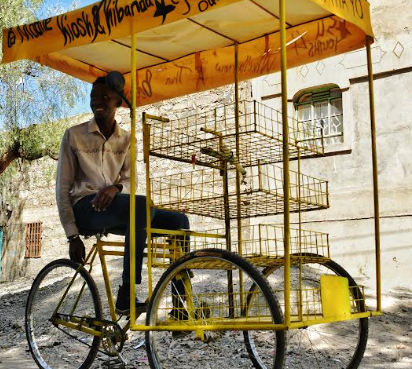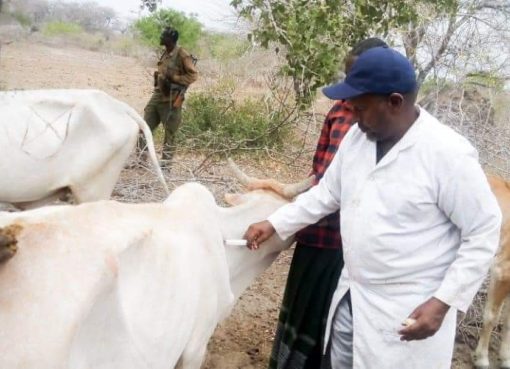The Health Ministry in consultation with stakeholders has developed the Breast Milk Substitutes (Regulation and Control) (General) Regulations, 2021.
The regulations have now been signed into law by the Cabinet Secretary as required and will be gazetted anytime.
Speaking yesterday during the national celebration of the World Breastfeeding Week in Nairobi, Health Cabinet Secretary Mutahi Kagwe said the regulations will give full effect to the Breast Milk Substitutes Act, 2012,
“As we mark this year’s Breastfeeding Week, we need to remember that in 2020, Kenya was rated as moderately aligned to the International code for marketing of breast milk substitutes,” he said.
The Regulations, Kagwe added, therefore provides a good opportunity for Kenya to now improve rating to substantially align to the code joining the 25 countries who are currently in this category.
Kenya, the CS said has made tremendous achievements in increasing the proportion of exclusively breastfed infants from 13 per cent in 2003 to 32 per cent in 2008/9 and 61 per cent in 2014.
He noted that the favourable policy and regulatory environment that the government has created in addition to promotion of optimal infant and young child feeding practices has seen more than 6 in 10 infants initiated to breastfeeding within 1 hour of birth having a potential to avert 22 per cent of neonatal deaths
However, he noted that the government has taken note of the continued violation of the Breast Milk Substitutes Act, in particular through the mass media and social media platforms.
“Inappropriate marketing of breast milk substitutes undermines women’s confidence and understanding of breastfeeding and competes with breastfeeding promotion especially at a time like this that we are facing the COVID 19 pandemic,” Kagwe said.
The Breast milk substitute Act specifically will reduce preventable infant and young child illnesses and deaths through protection, promotion and support of optimal complementary feeding and proper use of breast milk substitutes
It will also promote and protect the best interest of an infant and young child; and guide the ethical interaction of manufacturers with health workers, the way donations are used or received, demonstration on use, development of informational and educational communication materials and labeling of breast milk substitutes and other designated products.
Kagwe said that suboptimal breast feeding remains one of the leading risk factors and contributor to childhood mortality and morbidity in the country.
Scaling up breastfeeding to a near universal level could prevent 823,000 child deaths annually in the world, more than half which is 54 per cent of all diarrhoea episodes and close to a third 32 per cent of all respiratory infections.
The National launch of the 2021 World Breastfeeding Week is a global campaign that started in 1992 to raise awareness and stimulate action towards protection, promotion and support of breastfeeding.
The theme for the 2021 World Breastfeeding Week is “Protect Breastfeeding: A shared responsibility” and is aligned with SDGs 1,3,4,10 and 11 which focus on promoting breastfeeding for survival, health and well-being of children, mothers and communities at large in both the short and long-term.
By Wangari Ndirangu





